The Sustainability of Zd in intimate fashion for men and women
Zd Zero Defects is the antithesis of industrialised, “fast” fashion. For the last 100 years our production has been consistently artisanal and the management of the company completely Spanish since we began. Our textile factory is still located in the commercial hub of Mataró, where it first opened its doors in 1920.
The Zd Zero defects model in intimate fashion is defined by the Slow Fashion philosophy, a term coined in 2007 by researcher Kate Fletcher from the Centre for Sustainable Fashion in London, which has an increasing number of followers around the world and is constantly growing: the base is environmentally conscious consumers who choose for sustainable fashion. Before the concept existed, Zd Zero Defects was already producing in a responsible way, minimising its environmental impact with biodegradable and organic materials, free from toxic substances.
We are one of the few companies in the world that makes its underwear with soya bean yarn, a fabric with beneficial properties, ideal for wearers with sensitive skin. As it is an ecological fabric, it does not work with bleaching dyes (the colour range goes from cava, the lightest, to beige, vision, graphite through to black).
Zd Zero Defects underwear is classic, elegant and versatile: pieces that always have a place in your wardrobe without going out of fashion! Highly resistant, after 200 washes they do not lose their quality or shape. There is nothing more sustainable than durable garments that do not tear or hole after a few months meaning they don’t end up in the bin like other fast fashion products.
Increasingly, the ethical consumption of fashion leads consumers to worry and really take note of where the clothes they wear are produced, the origin of the materials and how they have been manufactured. At Zd Zero Defects, the process is entirely kilometre 0: produced in Mataró by local workers and with local suppliers.
Although the trend to maximise profits has been through offshoring and outsourcing, at Zd Zero Defects we have always opted to strengthen the local workforce, who many times have passed on their knowledge from mothers to daughter. Non-aggressive, environmentally friendly products are used in the factory and the working day is reasonable and respects wellbeing.
OEKO-TEX® label
In the same way, all our suppliers have the OEKO-TEX® quality certificates
- Our raw material suppliers (cotton, Modal®, Soya, Elastane),
- Our suppliers of auxiliary materials (elastic bands, sewing threads and labels)
- Our weaving suppliers
- Our suppliers of dyes and finishes and prints.
EIn the case of organic cotton, we also work with GOTS certification throughout its production chain.
Our cotton suppliers also have the following certifications:
- GRS (Global Recycled Standard)
- COTTON AFRICA
- GLOBAL ORGANIC
- BCI (Better Cotton Initiative)
- SGS
- APPULS
- ORGANIC % CONTENT STANDARD
- ORGANIC BLENDED CONTENT STANDARD
- RECYCLED % CLAIM STANDARD
- RECYCLED BLEND CLAIM STANDARD
INSERTEX programme
In our commitment to the local territory and in one of our lines of social responsibility, Zd Zero Defects implements this programme city of Mataró the InserTex program for hiring unemployed people and at risk of social exclusion. An initiative that extends to the entire Maresme area.
Zd Zero Defects R&D Laboratory
In our R + D + I lab, new fabrics that are friendly to the environment and provide health benefits continue to be investigated and developed. Since 1920, the basic principle of the brand has been achieving maximum sustainability through honesty.
In our R + D + I lab, new fabrics that are friendly to the environment and provide health benefits continue to be investigated and developed. Since 1920, the basic principle of the brand has been achieving maximum sustainability through honesty.
Why is ZD sustainable?
- Local manufacturing, in the same factory in Mataró since 1920
- Maximum quality and durability: multiplies the life of garments by 10 times
- Classic and elegant design that does not go out of fashion
- Use of sustainable and biodegradable materials (organic cotton, soya yarn and MicroModal®)
- Artisan process with skilled workforce
- Ethical and responsible production
- Minimisation of environmental impacts in the production process
¡Share our post on your social networks!
Facebook
Twitter
LinkedIn





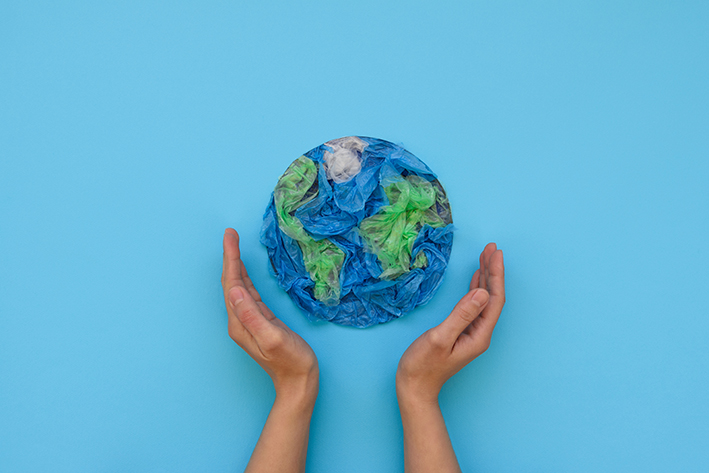
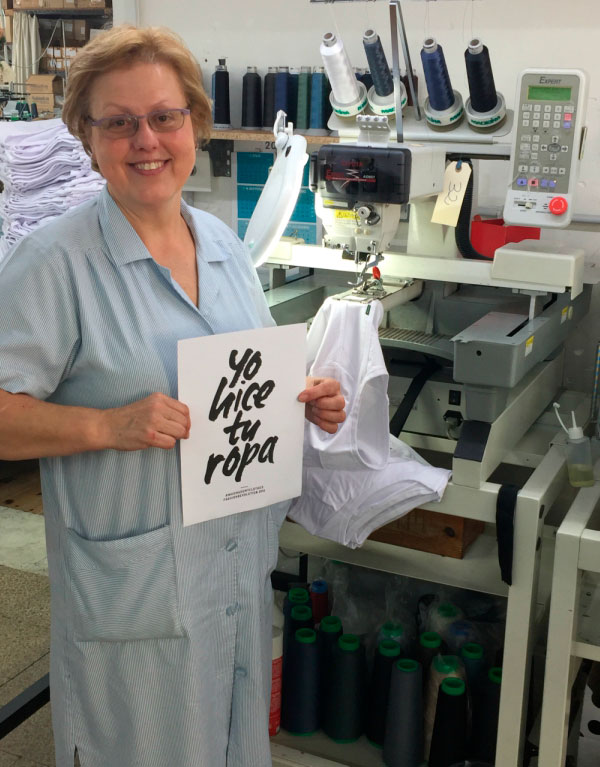
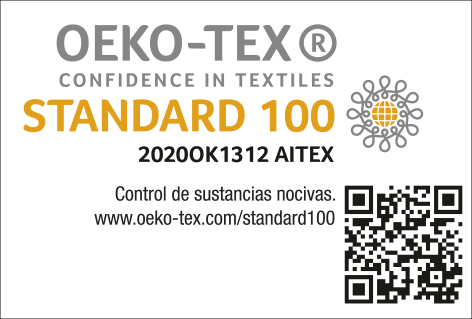
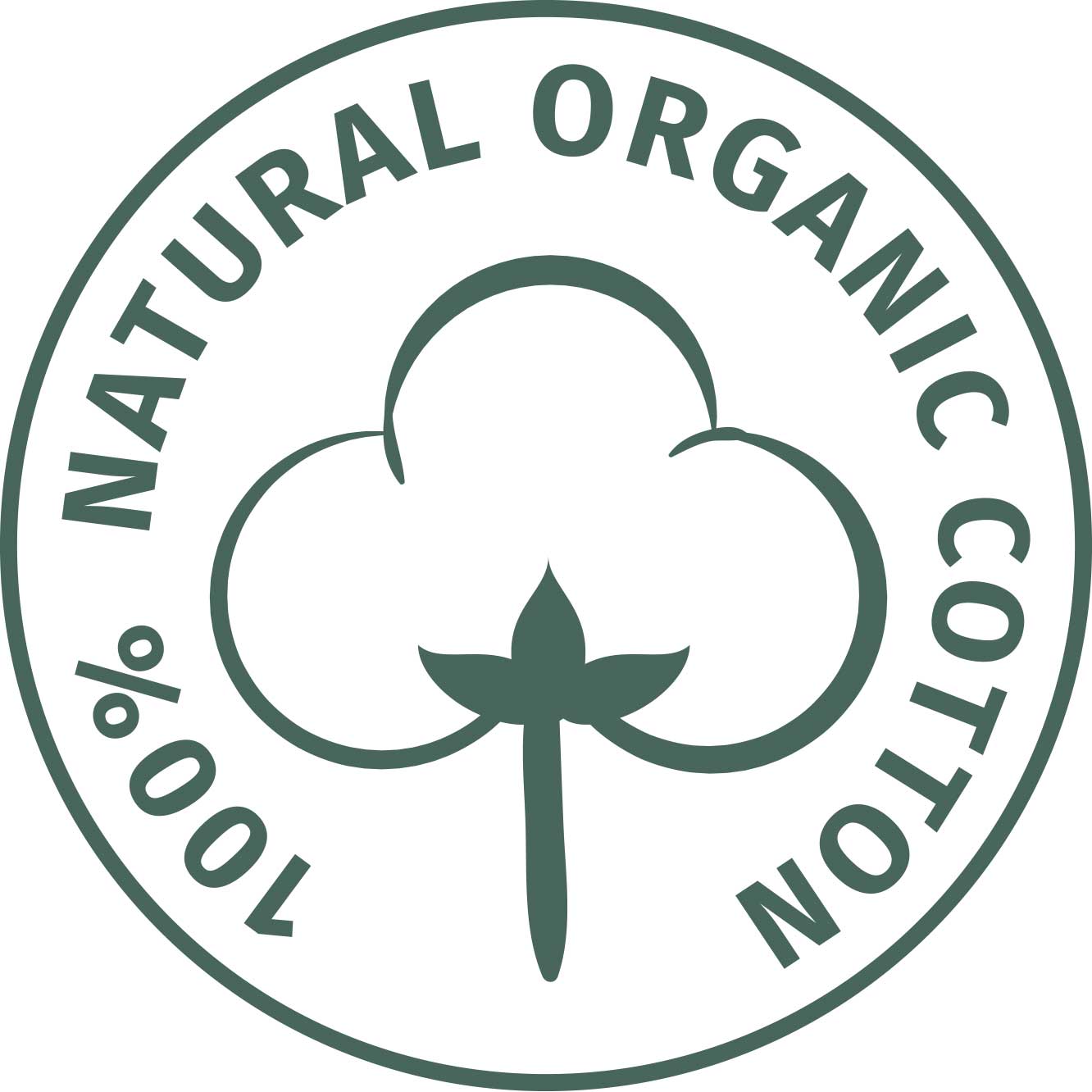
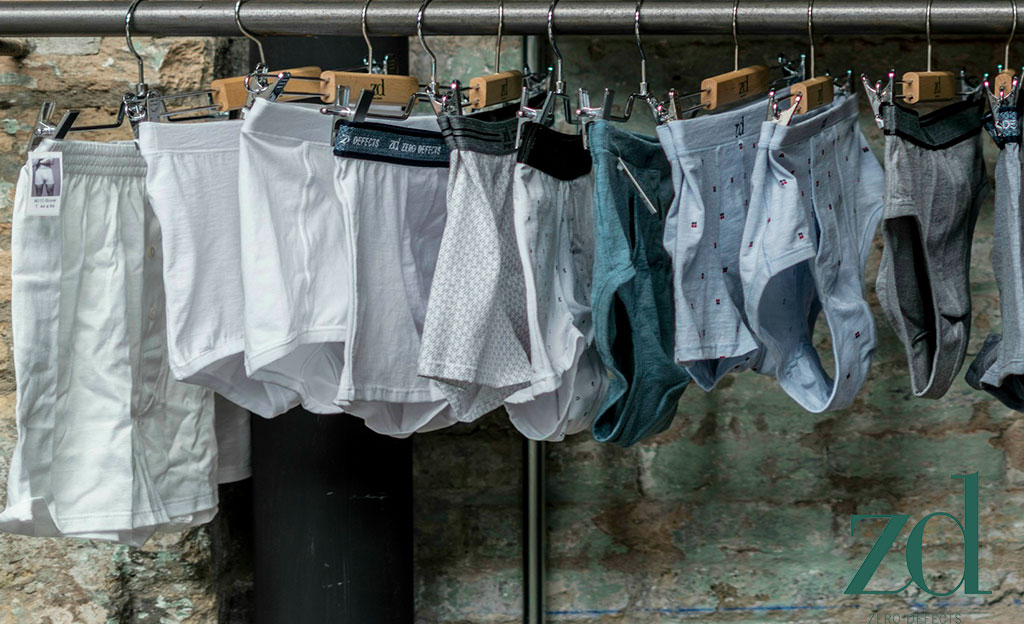





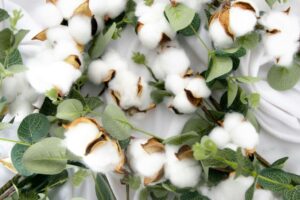

Reader Interactions